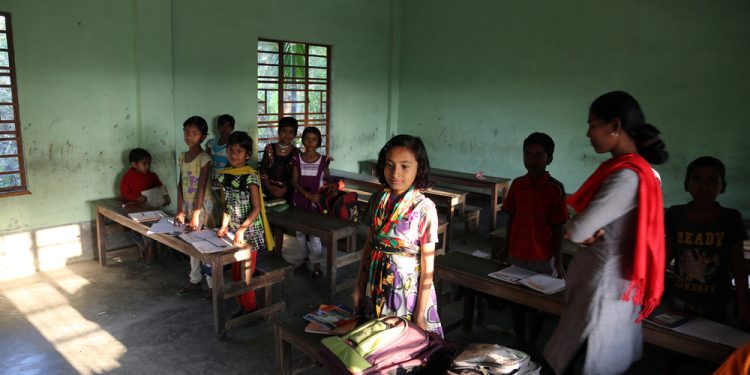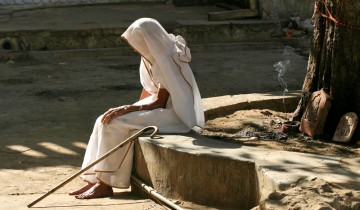The Welcomed Prevalence of Gender Champions Across India

Background
A combined initiative of the Ministry of Human Resource Development and the Ministry of Women and Child Development, the idea of “Gender Champions” is to be engaged by the University Grants Commission of the Indian Union government, in order to raise awareness about gender inequity among the masses. India is one among the many countries that is notorious for the inferior status it associates with its women and girls; its low sex ratio (943 females for 1000 males) and the number of domestic abuse reports that keep slinking into media coverage evidence this stance. Consequently, women are considered weaker than men in terms of intellectual and decision-making abilities, physical strength, political leadership and management of a myriad of other responsibilities.
Moreover, the objectification and perpetration of violence against girls in schools and colleges is not a rare phenomenon. As said by Vinita Chandra, an associate professor of English, “Certainly in India I think the patriarchy is very deep-rooted in the universities”. Likewise, numerous female students at the Ramjar College, Delhi, reported that the rules (curfew, excursions, etc.) governing the women in the institution were much more stringent and harsh, when compared to those of the men. To put it simply, the lives of women in Indian educational institutions are much harder when juxtaposed with the lifestyles of their male counterparts.
Gender Champions
And now, in response to these pressing, apparent problems, the government of India is poised to allot these “gender champions” in schools, colleges and universities across the nation to advocate the principles of gender equality and women empowerment, and to create and organise a platform wherein the numerous issues of gender inequality in India can be expressed and judged freely. The UGC also proposed the formation of “Gender Clubs” in educational institutions, in order to make it easier to pinpoint and henceforth address the gender gaps that plague Indian society. In other words, this is a huge, nationwide sensitization program organised by this body, which is attempting to raise awareness—with the motive of quickening development of India as a country.
These gender champions, who have to be older than sixteen, will be selected and trained by their respective schools so that they can influence their peers to help annihilate the stigma of gender imbalances and similar, backward schools of thought. As sent by the UGC to the various universities, “gender champions are envisaged as responsible leaders who will facilitate an enabling environment within their schools, colleges, academic institutions, where girls are treated with dignity and respect”. And as reported by Zee News, these gender champions will help in the installation of phone lines and other helplines in order to ensure the safety of those to whom their message doesn’t pass to. In fact, it may be deduced that Gender Champions could prove to be the saviour of the day.
Conclusion
This action undertaken by the Indian government is truly a commendable one, since it departs from the traditions of having adults lecture youngsters about the stigmatic occurrence that is gender discrimination and biases; rather, it encourages young people to influence their own peers by selectively training and educating them. And, it then becomes much easier to follow by example once there is a role model to guide these students. For example, in Coimbatore, the University Grants Commission has authorised universities and colleges in the city to nominate a student who will shoulder the responsibility of identifying the reasons behind sex biases, as well as to analyse the likely roots and possible solutions to this issue—with the aim of attending to this problem at its very base. And apart from contributing to gender socialisation and gaining women the recognition they deserve, this innovative idea of the UGC has the potential to be instrumental in improving the safety of women on university campuses—since once women are respected and treated as humans rather than as objects, not only societal perception but also societal behaviour will undergo a tangible alteration.
This movement was met positively by politicians and experts; as said by U. Vasuki, vice-president of All India Democratic Women’s Association, “it is good that the UGC has taken such a step to bring gender equality […]”. Definitely, this measure can be the key to putting an end to the misogyny inculcated among the minds of certain males in schools and colleges. But all the same, given the prevalence of these schools of thought, the fruits of this implementation may start appearing rather delayed. And although some people state that this action of the University Grants Commission has come extremely late, the saying “better late than never” takes care of this mentality. Change can be exasperatingly slow, undoubtedly, but there needs to be a place to start; and as long as it happens, the coming generations will still have a better society to live and thrive in—and this action taken by the University Grants Commission is the stepping stone to this positive change.
Photo Credit: Zvonimir Atletic / Shutterstock.com



